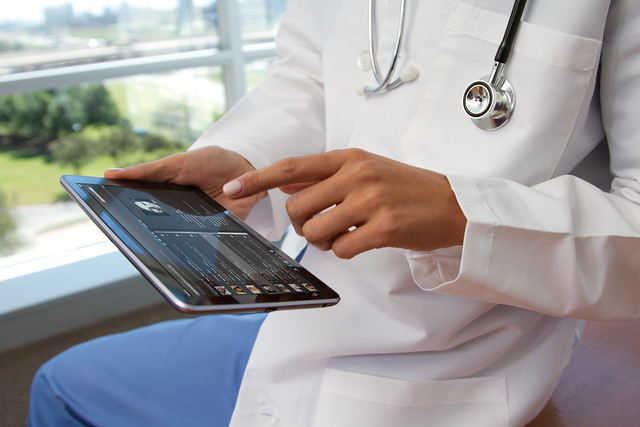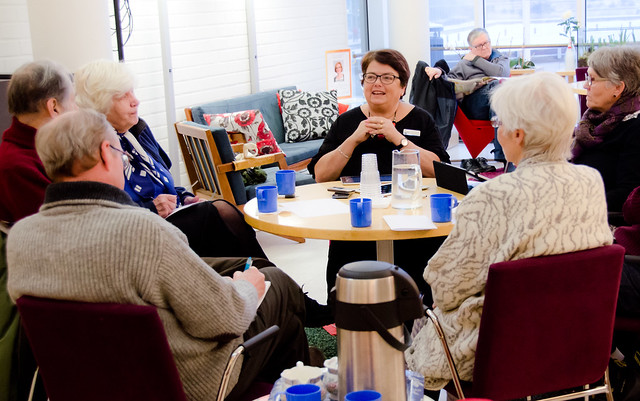Over the last few years, medical professionals have been learning how to use social media as a research tool.
For some, using Facebook or Twitter in the serious context of healthcare studies seems a little odd. After all, aren’t these networks full of people sharing photos of their dinner or silly videos of their cat?
The reason why people share banal photos online is the same reason why social networks can make outstanding research tools. It’s because Facebook, Twitter, Instagram and the rest make it really easy to communicate with a large, diverse audience.
For this reason, anyone involved in medical research, should give serious consideration to incorporating social media into their methodology.
Connect and communicate
Here are just some of the ways you can start using social networks as part of your medical research strategy.
Using social media to network with others working in a similar field.
Social media is a fantastic connector. Twitter makes it particularly easy to make contact with people with similar interests and working on similar projects to yours, nationwide or even worldwide. Because collaboration is an essential component of effective research, it’s worth investing time in finding useful contacts via social media.
You can start looking for people or their tweets by searching for specific keywords. You’ll quickly find people talking about a particular subject and, with a little more investigation, you can determine whether they’re worth connecting with.
Following key people or organisations can also help you keep up to date. Take a look at who else is following them and you may find yet more people it’s worth keeping up with.
Using social media to share news about your medical research
Even if you’re not using social media for research right now, others are. Not all of them are actively engaged in researching medical subjects. Students, journalists, patients and the just plain curious are all looking for news and information on specific topics.
In the past you may have shared key news moments through press releases targeting specific publications. It’s worth remembering that a growing number of people now use social media as their primary news channel.
Using social media to promote events associated with your research
Are you holding a seminar? Taking part in a conference? Running a fundraiser or a press event?
Social media is a very effective way of letting people know what you’re doing and inviting them to get involved. If you’ve identified and engaged with key influencers in your area of study, those with lots of contacts and whose opinion is trusted, they may be able to promote your event to a wider audience than you’d otherwise reach.
In addition to promoting your event, create and share a hashtag you’d like people to use when talking about it. That’s how you add a virtual dimension to what you’re doing, facilitating discussion on social channels with both those who attend and those who don’t.
Going a step further, your event could even be held on social media. Twitter often hosts tweet chats, where people discuss a particular subject at a nominated time, using a pre-arranged hashtag to link the conversations together.
Using social media to share patient experiences
Many of those who’ve bought a toaster from Amazon are keen to leave an online review about how well it performed, or didn’t. In the same way, patients are keen to talk about their healthcare experiences in the digital space.
By listening to what patients and others are saying, healthcare professionals can get a better idea of what works and what doesn’t.
Many of us find it easier to be more open on Facebook or Twitter than we are in person. Ask someone face to face for their feedback on an experience and there’s a good chance they’ll appear positive. But the messages they post online later could tell quite a different story.
Using social media to carry out research
Social media can aid medical research by facilitating the collection of information and opinions from a wide audience.
Some networks, such as Twitter, allow you to tweet short polls, asking people to respond to a set of questions. Or social networks can be used to disseminate information gathering tools, such as more complex questionnaires or documentation.
Confidentiality should always be given the highest priority when using social media in a medical research context. Medical professionals are expected to adhere to the same standards of patient confidentiality online as they are offline.
That said, many people aren’t concerned about putting some information about their personal healthcare experiences into the public domain. This can be a valuable source of data for researchers. The ethical and qualitative considerations around how this potentially large amount of data can be used are still being grappled with, given that it’s only recently become available so easily.



